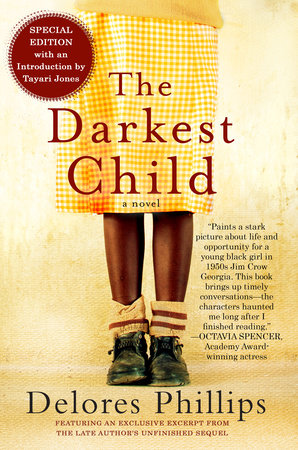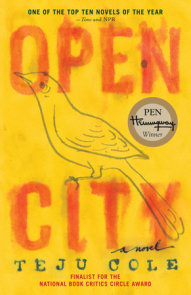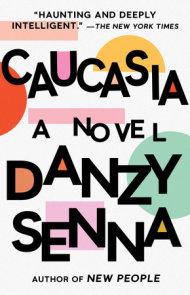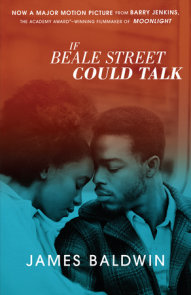TEACHING GUIDE
NOTE TO TEACHERS
The Darkest Child Discussion Guide
1. As the book opens, does Tangy Mae truly believe her mother is dying? If she does, how has she remained so innocent? Would things be different today? How is the loss of Tangy’s innocence reflected in her telling of the story?
2. How is the hierarchy that Rozelle establishes among her children of “white,” “Indian,” and “Negro” shaped by her own experience as a light-skinned black woman, as well as America’s history of colonization and slavery? Do you believe that racism based on skin tone persists today? How does its role differ within and outside of minority communities?
3. Rozelle has been brutal to her children, but she has never killed one until she throws Judy from the porch (Chapter 27). She is convincing when she tells the sheriff it was an accident. Why does Tangy momentarily refuse to believe her own senses? When she thinks, “No mother could do that, not even mine. Could she?” who or what is she questioning?
4. What affect does Rozelle’s appearance have on her mental condition? What benefits does she derive from her beauty, and conversely, how does it harm her? What is the difference between her current treatment by white society and the treatment she would be accorded if she “passed” as white?
5. What do you believe Rozelle’s reasons are for having children? Do you think she would have used “the pill” if it had been available? Rozelle says of Judy’s birth, “It broke something inside me they can’t fix. Had to take it out . . . said I couldn’t have no mo’, and all I got was a darkie.” What might this have to do with Judy’s untimely death?
6. How is Mushy different from her mother? How did she manage to leave the family to go to work in Cleveland? Did the experience really change her? Is Tangy Mae right to judge her for drinking? Why has she returned to Pakersfield?
7. Do you think Junior Fess could have proceeded differently and still been true to his ideals?
8. Was the burning of the town’s stores by Sam and his friends an act of protest against racism, an impulsive response to Junior’s murder and Sam’s incarceration, or a combination of these and/or other factors?
9. Why does the Sheriff deny Sam as his son? Knowing Rozelle’s history, do you believe that Sam is, in fact, his son? Is there ever any indication that the Sheriff cares for Sam?
10. Tangy Mae’s adolescence coincides with the last decade of Jim Crow and the start of integration in schools. She mentions in Chapter 55 that the county’s decision to integrate high schools is reversed in the second year due to violence. Do you think Tangy Mae would still have benefited from being part of the inaugural integrated class?
11. Tarabelle tries to murder her mother. Why is she so much angrier with Rozelle than the other children? Is she justified in her anger? What do Rozelle’s feelings seem to be for Tarabelle?
12. Despite her mother’s constant disparagement and the pain she has had to endure, Tangy Mae retains her strength and ambition. How has she been able to survive and retain her humanity? Is she right to leave at the end of the book, or could she have done something else? Why does she bring Laura with her?
×
Become a Member
Just for joining you’ll get personalized recommendations on your dashboard daily and features only for members.
Find Out More Join Now Sign In





















